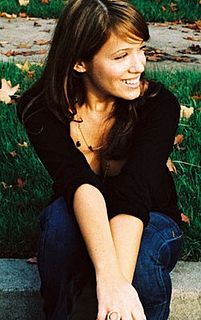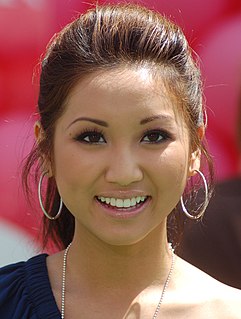A Quote by Siddhartha Mukherjee
A breast cancer might turn out to have a close resemblance to a gastric cancer. And this kind of reorganization of cancer in terms of its internal genetic anatomy has really changed the way we treat and approach cancer in general.



































